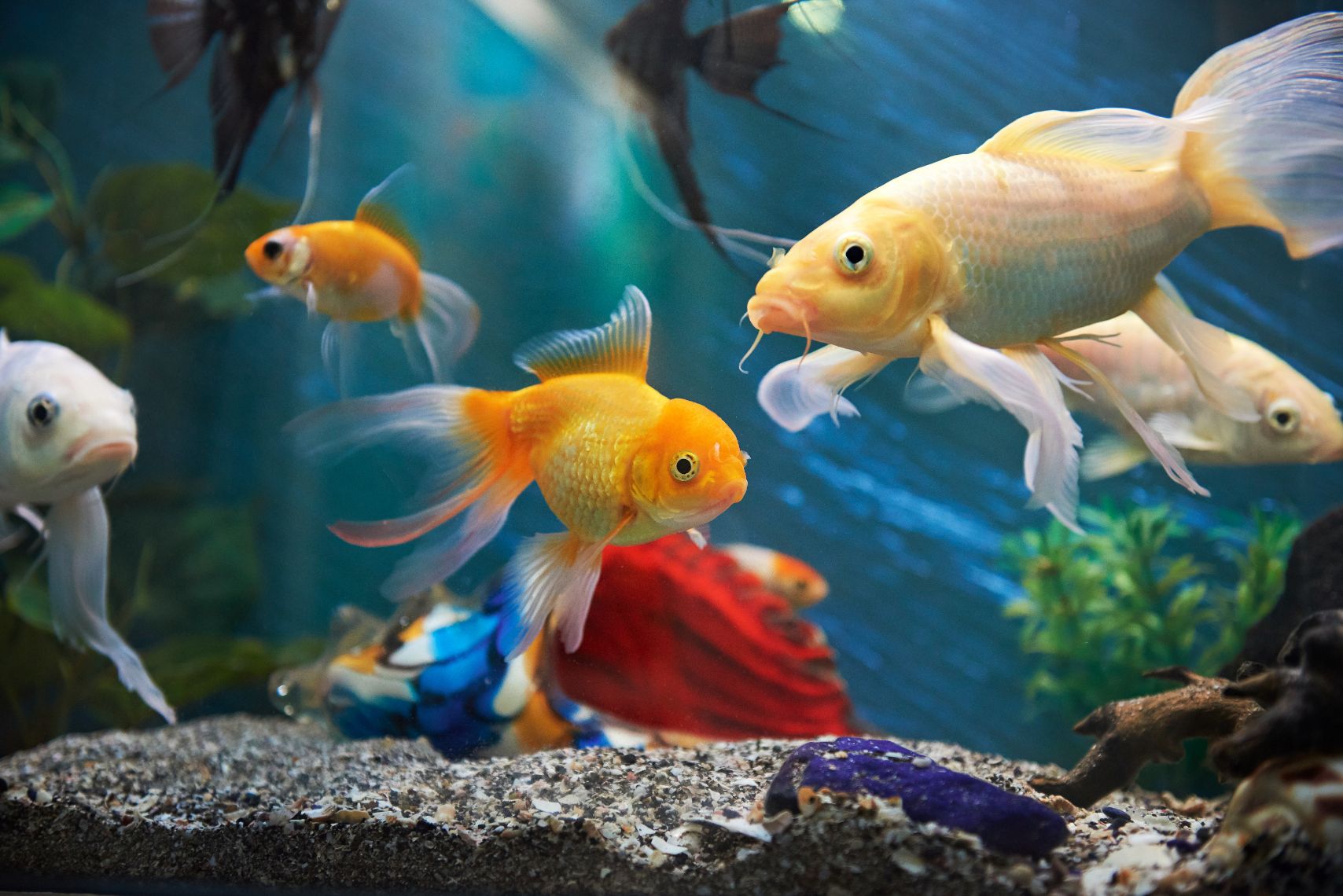
Do you want to know Do Fish Pee and Poop? then, read this article to find out the answer for your question
A curiosity may arise on how fishes poop and pee since they don’t have a visible anus or an opening other than their mouth. Fishes pee and poop through their skin and as well as and as well as with the help of their gills. Isn’t it fascinating?
Some fish urinate and poop through a small opening at the back of the body known as the pore.
The frequency of excretion
They will defecate at precisely the same regular intervals. Fish defecate as usual when there is an urgent need to expel feces from their stomachs. If the fish are fed the same quantity of food daily, they will poop with the same regularity.
Fish poop at least once every 48 hours if fed regularly. Those who are not consistently maintained will poop at irregular intervals and frequently have delayed poos. Much starved fish will not excrete for up to four days.
Most fish pee more frequently than they poop. Based on how efficiently their kidneys operate. Fishes pee every day. Worrying about their bowel movements is not necessary if they are healthy.
The excretion process
Fish, like humans, have kidneys that enable them to produce urine. The form and size of their kidneys are usually determined by the fish species. For example, angelfish have smaller kidneys than an eel.
It takes many days for the fish’s body to process food. Which is why excretion and urination are delayed. To accelerate their metabolism, fish require a high fiber content in their diet.
Fish do take a long time to poop because their digestive tract becomes clogged with the food they consume. Complex food can take a few days for the fish to digest, and they only excrete and pee only after the digestion is complete.
Generally, fish poop is termed “detritus”, it’s the scientific term for dead particular organic substances produced from the fish. it may contain particles of decaying materials from the fish and the fish’s fecal materials.
The coloration of fish excreta and urine
Since fish excreta contains unwanted items to be ejected off the fish, it might cause a color difference, and it might vary in appearance. Undigested food particles, salt, and germs will be found in fish excrement.
Aside from color, fish poop can vary in composition, volume, and odor. Normally, fish excreta will take on the color of the food it consumes.
The feds which contain flakes, for example, will frequently generate reddish excrement because it contains mostly blood worms.
If they are fed with peas will usually discharge greenish-colour poop. Extremely dry fish diets can often result in long, trailing poop that has been compacted.
When a fish is starving, its poop can be light-colored and clear or it can appear brown in some cases.
Fish Excretion and its health
The form of pee and excrement produced by a fish can indicate a variety of health conditions. Stringy poop, for example, may indicate parasite or bacterial infection. Isolation of the ill fish in a different tank and treating it quickly is suggested in this case.
Physical examination alone will not guarantee the health of the fish’s digestive system which can expect regular pooping. A proper veterinary examination of the digestive tract is suggested, to aid in determining the fish’s health status.
About irregular pooping and peeing
Ensuring regular pooping and peeing cycles of the fish begins with maintaining adequate metabolism. It can be achieved by improving the feeding circumstances in the tank, it may assist the fish to maintain a healthy metabolism.
The water temperature must be kept in check. It must range between 76 and 81°F. As cold temperatures tend to make their immunity weaker, keeping it in check is essential.
Making the fish fast for a whole day, or every week has its benefits for maintaining the health of the fish. It improves digestion and constipation in over-fed fish.
If cutting down on food does aid the sick fish, it must be replaced with another diet, which is the pea diet. The increased fiber content in the diet help in improving the poop cycle, and the moisture content is also as important as the brand and contents of the fish feds for a healthy fish.
Benefits of fish excreta and urine
Fish excreta and urine add an advantage to sea plants and corals because it needs sufficient nourishment to live. Sea plants get their nourishment like phosphorus & nitrogen from fish pee.
Algae serves also as an example that is known for absorbing its nutrients from fish excreta and urine.
Constipation in fish
The fish can suffer from constipation if overfed or from improper diet routines. This can harm the life of the fish. If the fish excretes stringy poop, it can indicate that the fish is suffering from constipation, and the stringy poop tends to stick to the body of the fish. The constipated fish can be treated in numerous ways. The best way is by stopping flakes fed because it increases the chances of constipation.
Continuously over-feeding the fish will expand the fish’s digestive tracks, which will harm the fish, leading to pressure on its swim bladder that can cause issues with swimming.